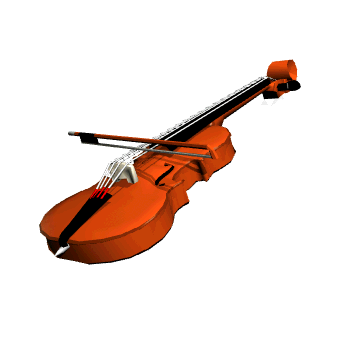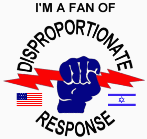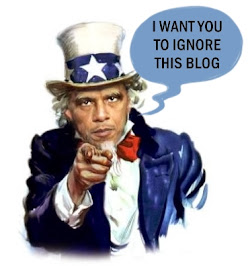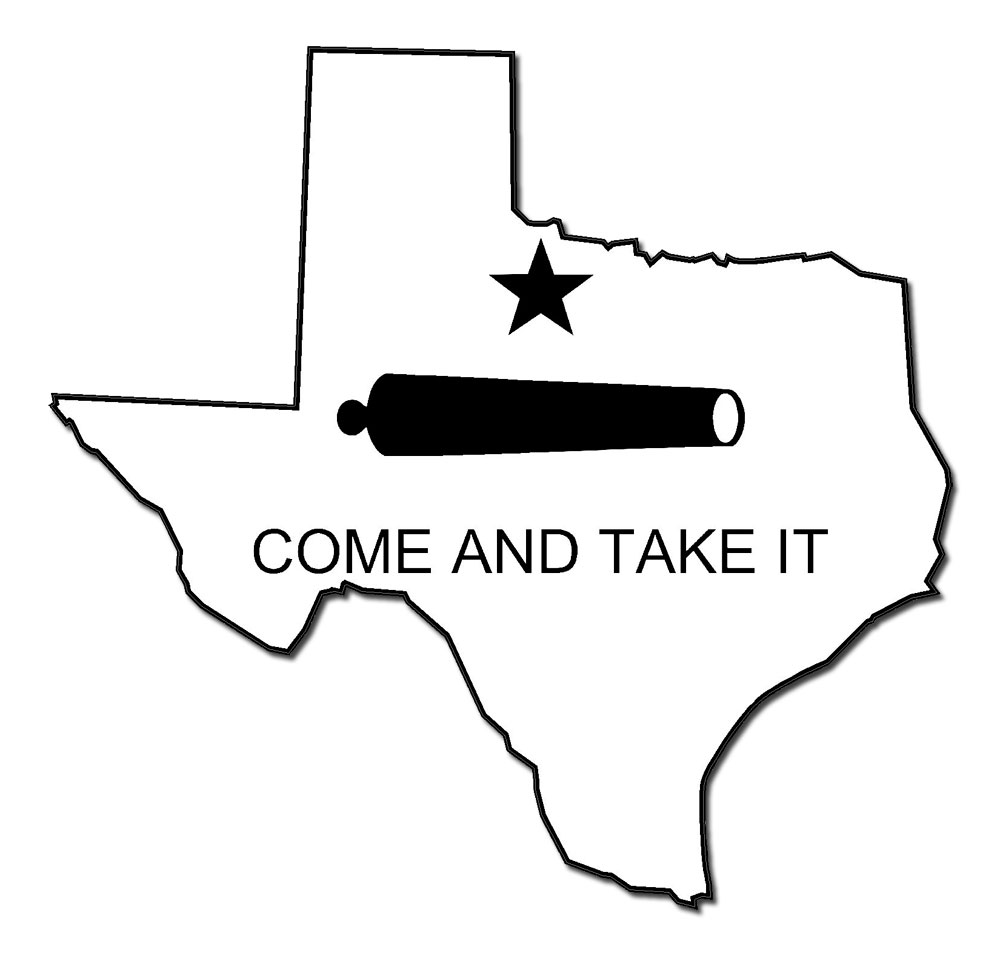I have heretofore avoided joining in the liberal pile-on upon the Sons of Confederate Veterans (of which I am an inactive member) and the League of The South for their promotion of the ridiculous idea that thousands of slaves were carrying the rifled muskets of the Confederacy to fight for the freedom of their masters and mistresses.
I know where the idea comes from, i.e. the few servant/slaves who followed young Marster to the Rebel army and occasionally fired a musket at the enemy either to protect young Marster or just for the hell of it in the general excitement of battle. And I can imagine why it’s being pushed nowadays: because it has become fashionable among so-called historians to insist that the Rebels were “fighting for slavery,” primarily because Confederate politicians and some generals said (and wrote) that they were doing so.
But I’m finally joining the pile-on now that there is an elementary school textbook, no less, being issued to Virginia fourth graders that claims: “Thousands of Southern blacks fought in Confederate ranks, including two black battalions under the command of Stonewall Jackson.”
This is a pathetic lie which will delude the white kids and hurt the feelings of the black ones and it’s being perpetrated by a Virginia women, Joy Masoff, who ought to (but probably doesn’t) know better who uses the excuse that she found it on the Web.
The Web is a wonderful research tool used by scholars as well as buffs of all political persuasions, but like just about everything else in the world, it has a lot of crap in it, and needs to be sifted intelligently. Never, ever taken at face value. (My own stuff included.)
Especially not when it involves the War (as I prefer to call it) of Northern Aggression. Interestingly, with a very little digging, you will find just how complex that awful war really was.
To name but one intricacy, consider the contradictions of the notion that the popular movie Glory, about a fighting black Union regiment, was the common fare of the United States Colored Troops, as they were called.
In fact many of them were confined to provost marshal duty (i.e. guarding Confederate prisoners) and all of them were, in fact, denied the right to march in the Union victory parade a few weeks after the remnant pittance of the white Virginia Rebel army surrendered. There was, in short, more than enough racism to go around.

















Texas Scribbler:
“…I’m finally joining the pile-on now that there is an elementary school textbook, no less, being issued to Virginia fourth graders that claims: “Thousands of Southern blacks fought in Confederate ranks, including two black battalions under the command of Stonewall Jackson.”
This is a pathetic lie which will delude the white kids and hurt the feelings of the black ones and it’s being perpetrated by a Virginia women, Joy Masoff…”
*******
Masoff is certainly no expert on this subject and the last part of the controversial passage -two black battalions under Stonewall Jackson- is untrue (I believe she has confused this with the Jackson Hospital Battalion)….but the former part about thousands fighting for the Confederacy will probably be true. It’s just that the returns aren’t in yet (the necessary research has not been done).
Sidenote- I believe Masoff is from New York not Virginia.
Brigades, battalions, regiments, none of those names then had their contemporary values in terms of numbers. Especially not by late ’62 when a regiment might be no more than 300 effectives (less than a third its original makeup).
So whatever the hospital battalion was (I never heard of it) it likely wasn’t composed of thousands.
You’re welcome to your opinion, but I don’t agree with it. Dozens, maybe, perhaps even scores, but hundreds is pushing it and thousands is well beyond the realm of possibility. And none of them would have been organized, uniformed and equipped soldiers. I’m confident that research will never find that, because it never happened.
Dick, thanks for the post . I had read something about this claim in a new Virginia history text last week, but I had no idea that it was as wildly inaccurate as saying that thousands of blacks fought for the Confederacy. It is true that black slaves were conscripted as laborers, teamsters and hospital orderlies, but they were never soldiers.
The slaves who went with their young master as body servants were frequently the young master’s long time friend and sometimes relative, including half brother. To say this sometimes led to interesting situations is an understatement. After one battle, I believe it was Antietam, a slave went out on the battlefield to find his master who was missing. He found him alive, though wounded and carried him back to a Confederate field hospital. After he was sure, his master was being properly looked after, the slave fled to the Union lines and whatever freedom he could find.
Never heard that story, David, though it wouldn’t surprise me.
Dick, you mentioned the movie Glory.
Just want to say as a life long Civil War buff and a Union Civil War Re-enactor (currently inactive) my unit, the 3rd US Infantry, were one of many re-enacting units hired as extras. I am in the scene where the white troops are cheering the 54th Mass. Our unit’s First Sergeant, a Marine Vietnam Vet, is in several scenes including the Antietam sequence.
You are right that a lot of black troops, the USCTs, did mostly occupation type duties such as guarding Confederate prisoners. This sometimes led to interesting situations such asear the end of the War, a black soldier spotted his old master among the POWs he was guarding and called out to him: “Hello, Massa, bottom rail on time dis time!”
Black soldiers were also used against Confederate guerrillas. In the Summer of 1864, a young Lt. Anson Hemingway in the 70th USCT stationed in Mississippi wrote home that the Confederate guerrillas did not take prisoners and “we are more than happy to repay the favor”. (Yes, he was Ernest Hemingway’s grandfather.)
Finally, Dick, I want to congratulate you on your novel, “Knoxville 1863” and apologize for not having done so much earlier when Snoopy first posted about it. From what Snoopy and the online reviewers wrote, it certainly sounds like a first rate historical novel. I look forward to reading it. I am currently enjoying Leaving the Alamo.
I expect the Union high command got a lot of laughs over the irony of having the USCT guard Reb prisoners. But it didn’t do the USCT any favor. It merely set them up for the Jim Crow to follow. You should read some of the Point Lookout memoirs.
Glad you enjoy LTA. Would appreciate a review at Amazon whenever you finish it. Whatever you decide about it is okay with me. Also KV63, when you get around to it.